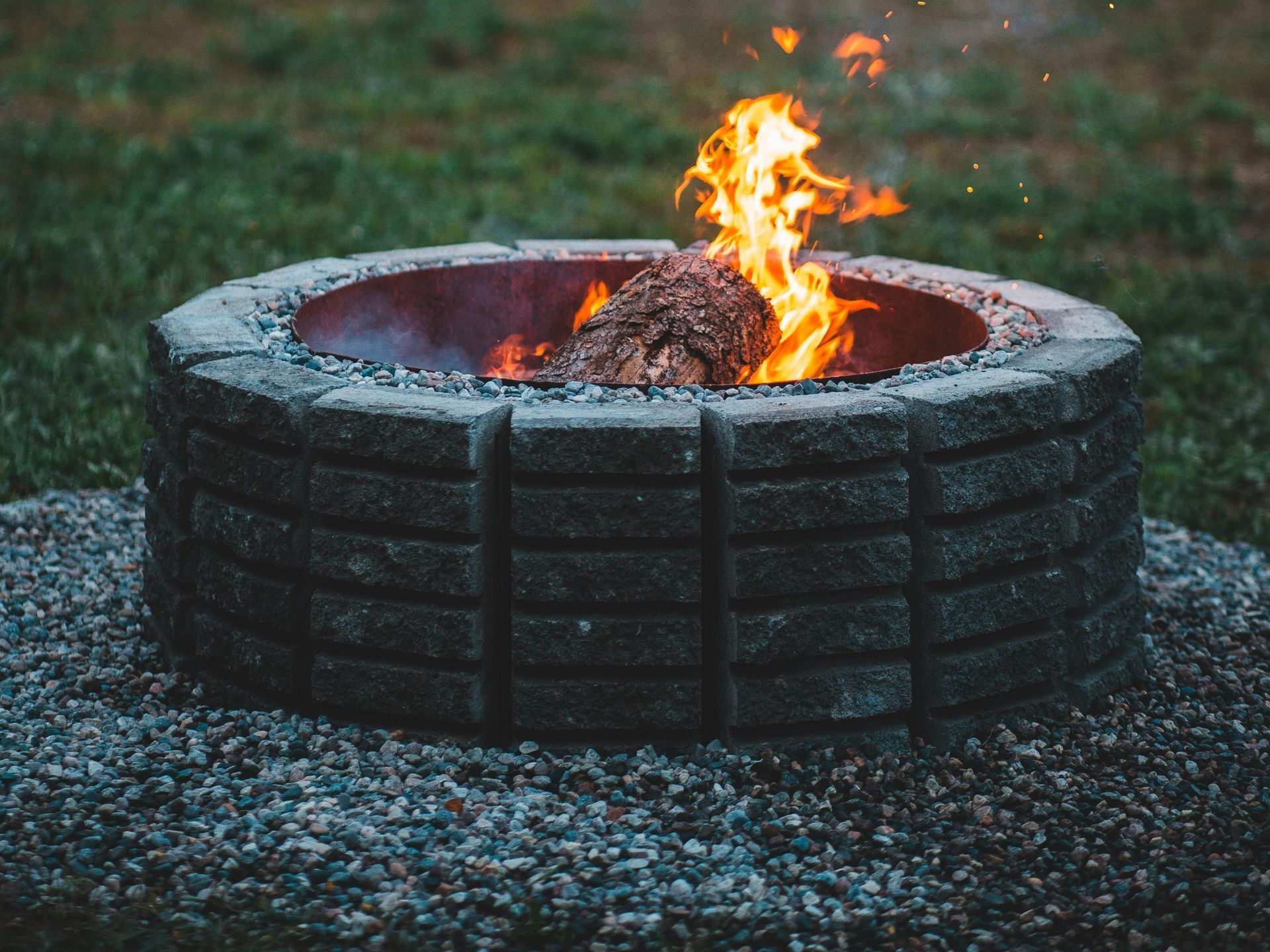The Ufema Contracting team hopes everyone had a great Mother's Day and that all the moms out there got to relax and spend time with their children. Nice weather is just around the corner, meaning everyone will soon turn their ACs on. Part of the reason your home stays at the temperature you set it is because of the insulation installed. Today, there are many types of insulation to choose for your home. Spray foam is one common insulation material but the most common form of insulation is fiberglass. When most people think of home insulation, they picture the pink rolls that line the walls of a home. That’s fiberglass, but did you know natural resources can insulate your home? One of these natural resources is wool. Sheep's wool to be more precise. But what are the benefits of having sheep's wool as insulation, and why should I use it?
Benefits
Every year, sheep need their wool trimmed, and this wool is what keeps them warm in the harsh winters. Sheep’s wool is a sustainable and natural resource that we can use for our homes. Everyone knows that plastic and other chemicals are a growing environmental risk. Wool doesn’t use any of these chemicals and the outside layer is naturally water and flame-resistant. Without enough oxygen, the wool will merely burn up and not combust, nor will it produce toxic chemicals when burned. This material is also a natural suppressant of mold and mildew due to the keratin inside it. Furthermore, this insulation material is easy to install and known to absorb sound.
Drawbacks
Wool insulation, like everything, has its drawbacks. Everything in the world has its own pros and cons. One of the downsides of using sheep’s wool is that it is not very thermally efficient. This means wool isn't the best insulator when you compare it to other forms of insulation like foam. Insects, particularly moths, also see wool as a tasty snack, but using chemicals to treat the wool can prevent this. Some companies use chemicals to make wool insect repellant, though the wool wouldn’t be considered all-natural after this treatment. Even though sheep’s wool is a renewable and sustainable resource, it’s not cheap. If you compare wool to other insulation materials like fiberglass, wool is more expensive, though it’s not as expensive as foam.
Eco-friendly materials are a great way to help the environment, they’re renewable and sustainable. The best part about wool insulation is that wool will continue to be produced because sheep always need to be trimmed. Even though it can be more expensive and has its drawbacks, everything else in life does too. The picture above is from a wool insulation that Ufema Contracting completed in New Hampshire. The insulation put in your home should be discussed with a professional, so be sure to give us a call at (978)-771-7936 to discuss your home needs, and be sure to head to ufemacontractinginc.com to request an estimate for your next home repair or renovation.










Share On: